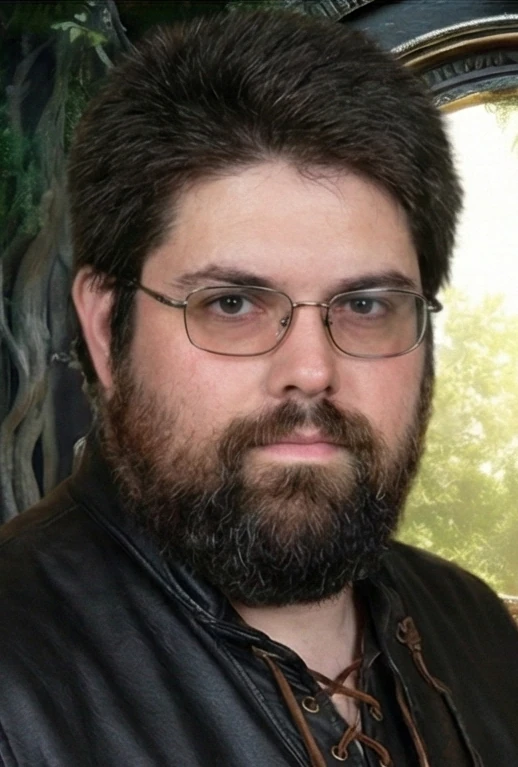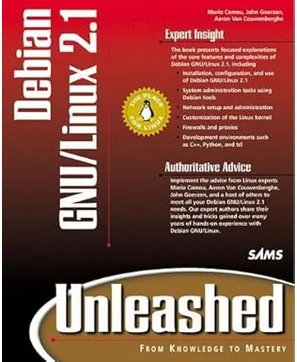Stranger In A Strange Land
Valentine Michael Smith was the first human born on Mars, and shortly thereafter the crew of the first exploration vessel to Mars died, leaving the infant in the hands of Martians. As a young adult, Michael is discovered, ‘rescued’, and brought back to earth - where he unknowingly causes a storm of political turmoil by being the only living heir of a huge corporation - and the potential ‘owner’ of Mars itself.
Totally devoid of human culture, Michael narrowly escapes death at the hands of a government faction via the wits of a sympathetic nurse, and then escapes having his fortune stripped from him due to the sympathy of a famous writer and lawyer.
His immediate future no longer of concern, Michael sets about trying to ‘grok’ humans with the help of his benefactors. Along the way we learn that Mike has some unusual powers, gained not from some sort of biological meddling by his Martian parents, but simply from a different way of thinking. Seeing that the ‘discipline’ gained by Martian thoughtforms can only help humankind, Mike decides to teach it to the masses, cloaked as a religion.
Stranger didn’t blow me away, but it was a solid piece of work, if you can get past Heinlein’s tendancy to relentlessly and repeatedly promote his philosophies. He’s not as bad as Ann Rand was in Atlas Shrugged, but it’s still apparent. Stranger was written before the brain-eater got Heinlein - none of his female characters are bisexual. This actually comes across as a little unrealistic, though, given that the primary suite of characters engage in full-blown polyamory; the exploration and appreciation of sexuality being one of the themes of the book.
This book is highly variable - it changes pacing frequently; whether or not you care about what’s happening on any given page tends to shift. The characters can seem at one moment hackneyed; in another, all too real. Many people have said that readers end up either loving or hating this book, but I’ll just settle for calling it ‘interesting’.
It’s becoming a permanent resident on my bookshelf because it’s the only speculative fiction work of which I know that directly addresses a particular truth: if you show people that they can save themselves, that the power of change lays within them - or perhaps in them thinking outside of themselves - they’ll either hate you or ignore you.


